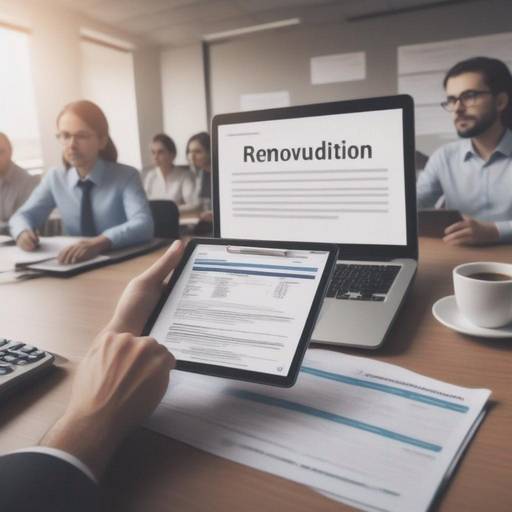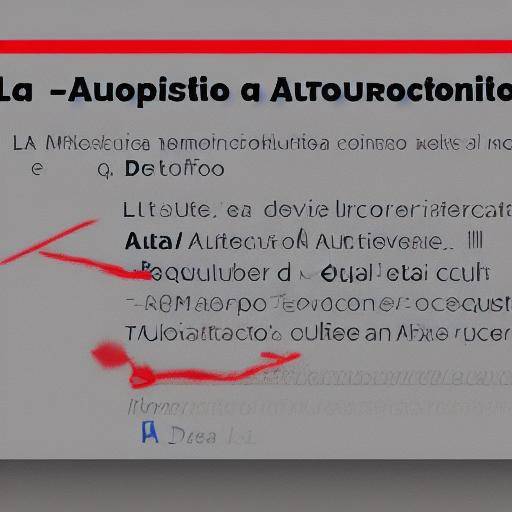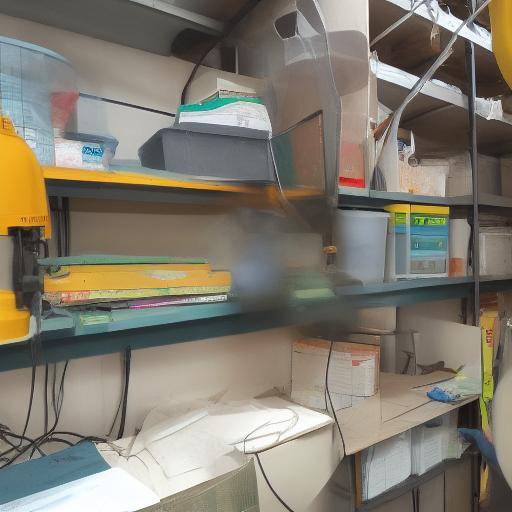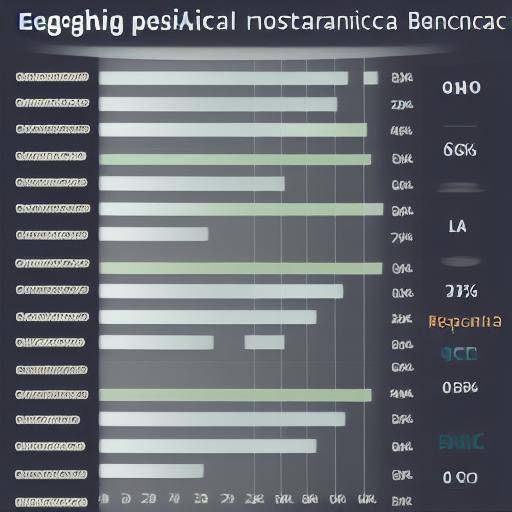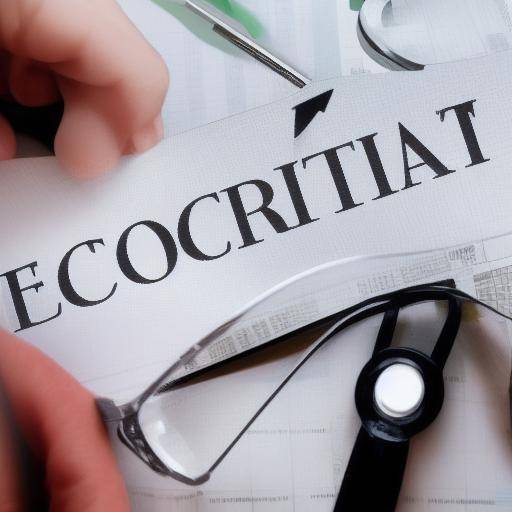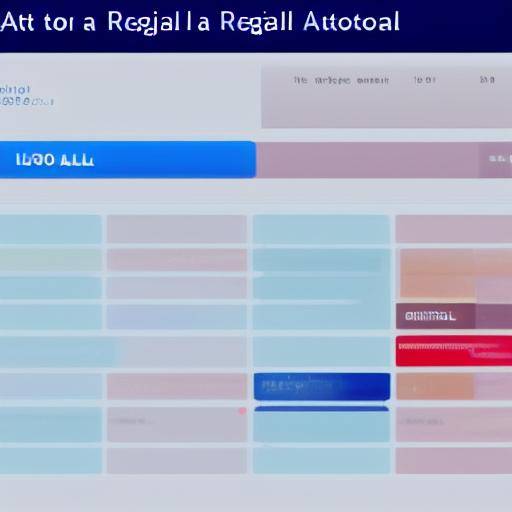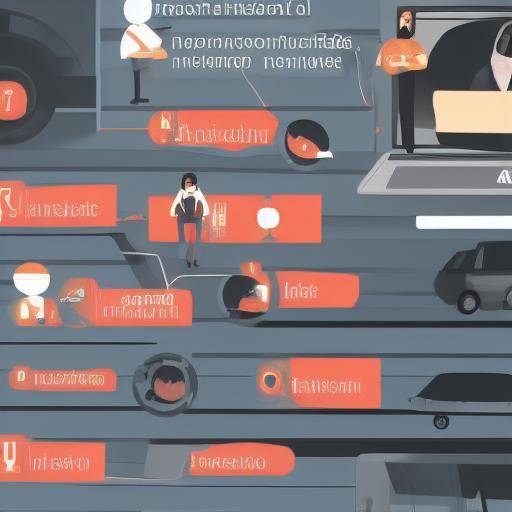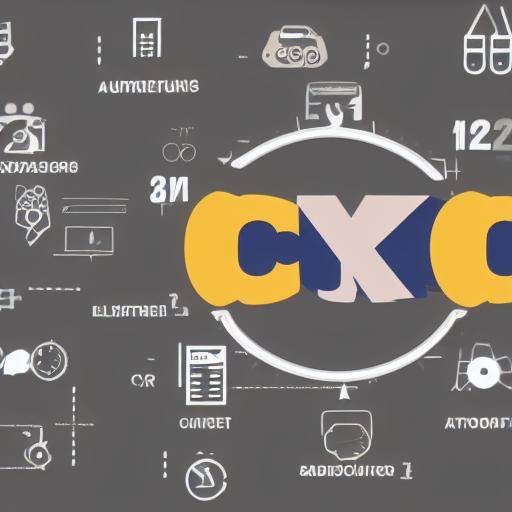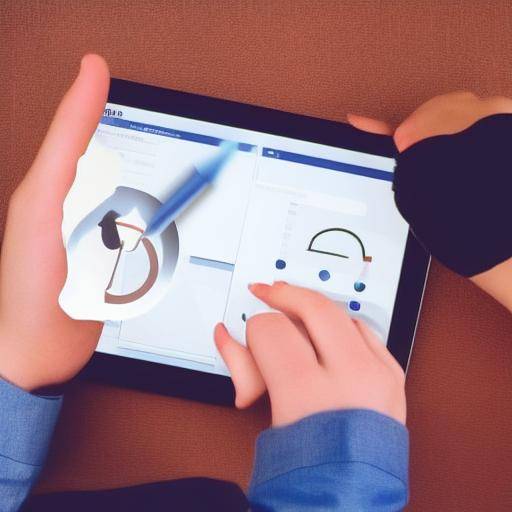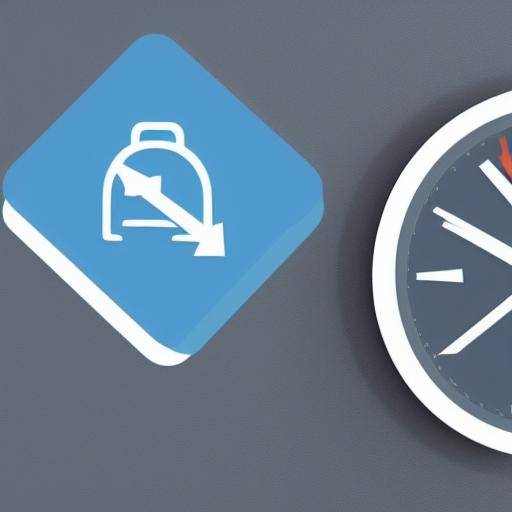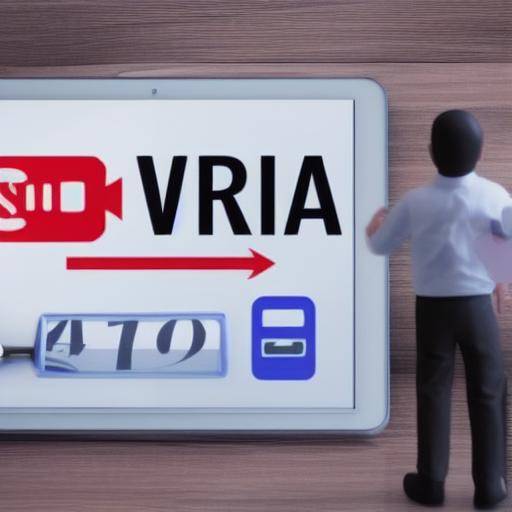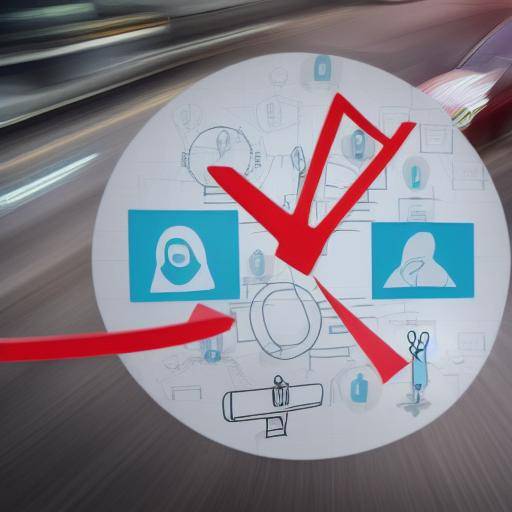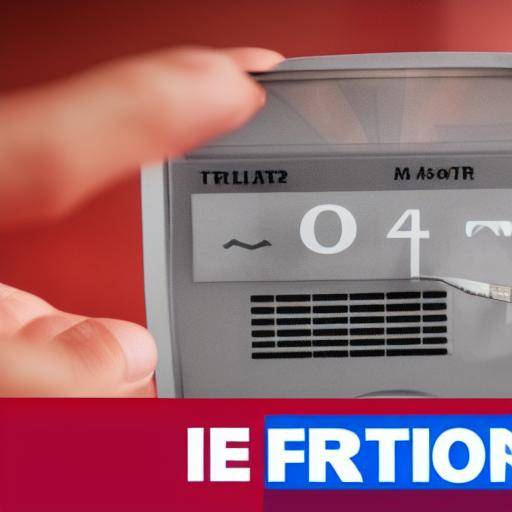
Introduction
Self-assessment is a key tool in the process of continuous improvement, and external feedback plays a crucial role in this process. In this article, we will explore in depth the importance of external feedback in self-assessment, analyzing its historical relevance, its benefits, challenges, practical applications, future trends and much more. We will understand how these concepts intertwine to boost personal and professional growth.
History and Background
The practice of self-evaluation has its roots in ancient Eastern philosophies, where personal reflection was considered essential for self-knowledge and growth. In Western cultures, self-assessment arises in educational and labour contexts throughout the twentieth century, as a means of fostering individual responsibility and continuous improvement.
Over the years, external feedback has evolved from being a mere criticism of a constructive and enriching tool. The rise of positive psychology and the focus on the development of talent have transformed feedback into a vehicle for empowerment and growth.
Analysis in Deep
External feedback not only provides an objective perspective, but also generates a motivating boost for self-assessment. By observing our strengths and areas of improvement through the eyes of others, we broaden our vision and get a more complete understanding of our performance.
The challenges associated with external feedback include the management of expectations and the impartial interpretation of comments. However, when properly addressed, these challenges can become opportunities for significant growth.
Comprehensive review
External feedback finds applications in a variety of contexts, from educational environments to the workplace. Its value lies in its ability to enrich self-assessment, helping individuals and organizations identify and capitalize on opportunities for improvement.
Despite discussions on the effectiveness of different feedback methods, there is a consensus on the need to incorporate it in a continuous and constructive manner in self-assessment processes.
Comparative analysis
External feedback and self-assessment are mutually complementary processes. While self-assessment invites us to internal reflection, external feedback gives us a valuable external perspective. Both processes are equally important for learning, personal and professional growth, as well as problem solving.
Practical Tips and Accessible Recommendations
To make the most of external feedback in self-assessment, it is essential to establish an environment of trust and openness. Promoting constructive feedback, creating safe spaces for honest expression and establishing clear improvement goals are key practices to optimize this process.
Industry Perspectives and Expert Reviews
Experts agree that external feedback in self-assessment is an essential component of culture and organizational development. Encourage bidirectional feedback between leaders, collaborators and teams fosters individual and collective growth, strengthening the business fabric.
Case Studies and Real Life Applications
Specific examples of how external feedback has positively impacted self-assessment and continuous improvement abound in different areas. From education to team management, external feedback has demonstrated its value in strengthening skills, developing competencies and boosting significant achievements.
Future Trends and Predictions
In the modern world, external feedback continues to evolve with the emergence of new innovative technologies and tools. Advances in artificial intelligence and data analysis are expected to transform the way in which external feedback is administered and used, bringing self-assessment to new levels of efficiency and accuracy.
Conclusion
External feedback in self-assessment is a vital element for personal development, organizational learning and continuous progress. By integrating these processes effectively, both individually and collectively, we can enhance reflection, adaptation and excellence.
Frequently asked questions
**1. What is the difference between external feedback and self-assessment?**External feedback implies receiving feedback, criticism or praise from external sources, such as supervisors, colleagues or clients. On the other hand, self-assessment refers to the internal process of reflection and analysis, where one evaluates his own performance, strengths and weaknesses.
**2. How can I handle external feedback effectively?**To manage external feedback effectively, it is crucial to keep an open mind, to listen actively, and to seek to understand and learn from the comments received. It is also important to discern between constructive and unfounded opinions.
**3. Why is external feedback important in continuous improvement?**External feedback provides an objective and enriching perspective that complements self-assessment, which facilitates the identification of areas of improvement and the development of strategies for personal and professional growth.
**4. When is the right time to request external feedback?**It is advisable to request external feedback on a regular basis, especially after completing important projects, at the start of new challenges or as part of periodic performance evaluations.
**5. How can I provide effective external feedback to my coworkers?**By providing external feedback to your coworkers, make sure your comments are specific, relevant, equitable and development-oriented. It is essential to foster honest dialogue and a culture of constructive feedback.
**6. What are some strategies to maximize external feedback in self-assessment?**Some effective strategies include setting clear improvement goals, celebrating successes and being proactive in seeking feedback. In addition, it is essential to reflect on feedback received and take concrete steps to implement positive changes.
In conclusion, external feedback in self-assessment is a fundamental pillar for growth and development both at the individual and organizational levels. By understanding its importance, taking advantage of its benefits and managing its challenges, we can enhance learning, adaptation and excellence in all aspects of life.

